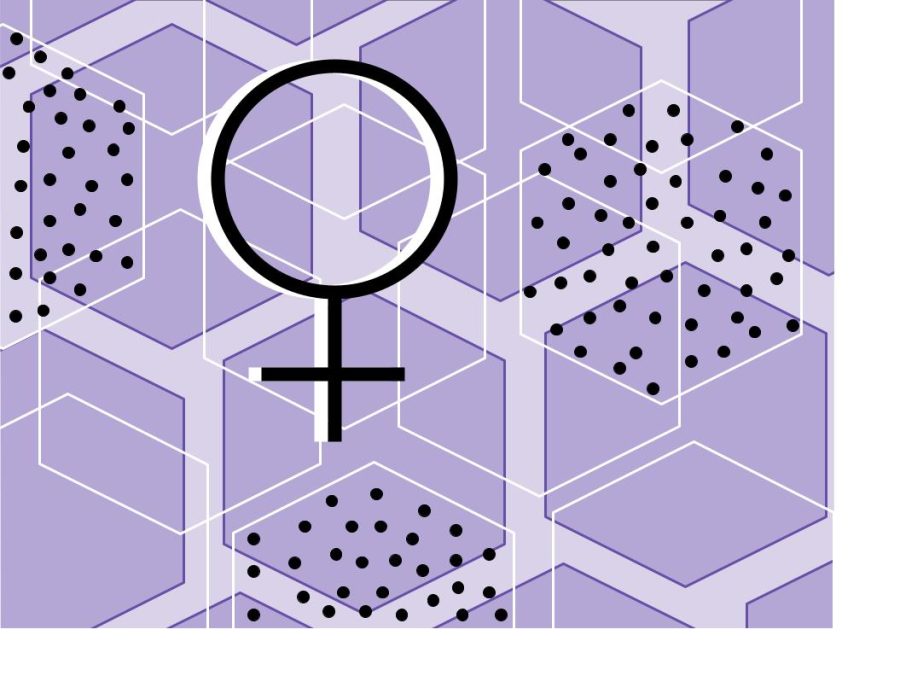What You Need to Know About Women’s Mental Health
Historically, women have had to face societal obstacles, including breaking the stereotype of what women are capable of achieving. Yet, in the face of adversity, many women have risen to the occasion. From well-known figures such as Gloria Steinem and Sojourner Truth to everyday women, there are those who work for equality. The pressures that can be put on women by society may take a toll on women’s mental health, which can in turn impact the everyday aspects of their lives.
Ms. Monique Bouggess, who oversees the young women of color affinity group at Cinnaminson High School, explained how factors such as taking care of children, cooking, cleaning, and taking care of significant others are all things on her plate.
“You have to be strong,” Bouggess said. “Historically that is what we’ve always done.”
With different pressures on women, as explained by Bouggess, society expects them to be able to keep track of it all. Some argue women are put under this constant pressure of dealing with said tasks, while also having to maintain their own lives.
Ms. Kayla Arni is the leader of the women’s affinity group at CHS. Arni said she believes conversations about mental health are too often stopped or brushed off. These thoughts can grow in peoples’ minds if undiscussed, which can leave mental health issues unaddressed.
“Having a conversation about mental health is the first step in addressing your own mental health,” Arni said.
In addition to a lack of open discussion in society, there have been other contributing factors that have caused a decline in women’s mental health. The pandemic has taken a toll on women’s mental health: being stuck inside, being isolated, and having no one to interact with or speak to has led to higher rates of anxiety and depression, as well as alcohol and substance abuse, according to Dr. Alison Caldwell.
Additionally, friendships ending or losing a loved one or a family member can affect one’s mental health. Although there are differences in how women and men grieve, both men and women need to have support so they can understand that their feelings are valid and normal, according to Tom Bekkers.
Other factors can take a toll on mental health, such as having a bad day or week.
Mrs. Renee Gill, a science teacher at CHS, knows what works for her when she’s having a bad day or week.
“Taking personal care time…for me, it took time to realize the importance of that,” Gill said.
Women can improve their mental health by trying to exercise daily or finding new hobbies. Finding things that one likes to do and that will make one happy can benefit one’s mental health.










